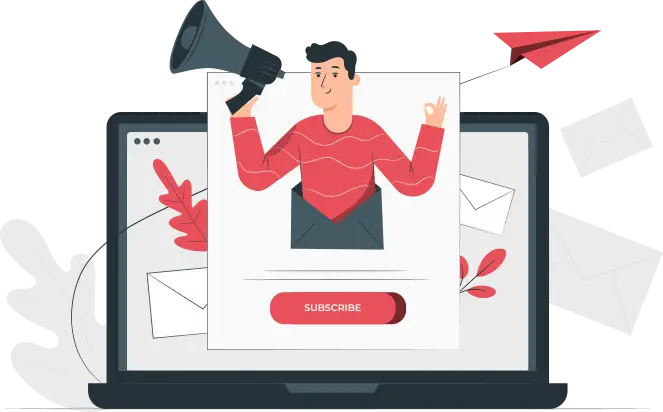Can You Use a Personal Loan for Business? Pros, Cons, and Expert Tips

As the name suggests, a personal loan is a type of loan meant for individuals to meet their different personal needs. It is one of the most popular types of loan that does not require you to submit collateral as a guarantee. You can check personal loan eligibility with respective banks or lenders. The interest on personal loans varies and depends on your profile, employment, and a few other factors.
Let us try to understand if it can be used to meet the need for short-term funds for a business. As far as personal loans are concerned, there are no restrictions on the usage of loans raised. An entrepreneur or an SME can use the entire fund or a part of the fund to manage operational and other expenses. Moreover, one can choose to go for a personal loan online and save time.
There are situations where a personal loan can be a possible company financing choice, but you must carefully weigh the advantages and disadvantages of this funding option before employing it. Although secured personal loans exist, they are mainly unsecured loans that don't need collateral. You can also apply personal loan online using InvestKraft in minutes.
Personal loans are given to you as an individual instead of your firm, in contrast to business loans. When you take out a personal loan to cover company expenditures, you run the risk of defaulting on the loan and damaging your credit.
Is It Legal to Use a Personal Loan for Your Business?
Yes, using a personal loan for business is legal but it is important to note that personal loans are designed for individuals and not companies. This means your credit score will be linked to the loan and you will be personally responsible for repayment, even if your business faces challenges. It is better to compare Personal Loan Interest Rates with a few lenders for a better deal and to save money on the payable interest to the lender.
However, banks typically include fine print in their loan terms and conditions. Whether you choose a personal or business loan to finance your business, most banks require a personal guarantee. This essentially merges the two types of loans into one, as you will be personally responsible for repaying the loan.
How Do Personal Loans For Business Function?
A personal loan has its advantages. It can be availed by both a salaried professional and a business owner. The terms and conditions may vary to some extent. The availed amount can be used for varied purposes. Like other types of loans, you have to pay the monthly fixed instalment also known as an EMI.
Answering the question - Can I Use a Personal Loan For Business? Certainly, yes. Depending on how you handle the account, the loan may appear on your consumer credit reports - often with all three main credit bureaus - and may influence your credit score.
Most personal loans are unsecured, thus no security is usually needed. Some lenders provide secured solutions that demand security. If you don't pay back the loan, the lender may take the collateral back. Depending on the lender, you might be able to lock in a cheaper interest rate and better conditions with a secured loan.
Once a lender has given you the go-ahead for a personal loan, the money will be paid to you all at once. As long as you follow the lender's guidelines for loan utilisation, the money is yours to do with as you like once you receive it.
Interest rates and monthly payments on personal loans are frequently set. This implies that your monthly payment should stay the same over the whole payback time. Personal loans can be availed for a shorter duration extending to a maximum of 5 years in general.
What are the Key Benefits of Using A Personal Loan For Business?
There are numerous benefits of using a personal loan for a business. Below discussed are the key benefits of the same:
- Less Stringent Qualification Requirements: It is not always simple to qualify for a business loan, especially if you're starting, have a modest income, or have other borrowing difficulties. It could be simpler to be approved for a personal loan if you have strong credit and a stable source of income. Personal loans for those with terrible credit are also available, but it's crucial to remember that they sometimes have higher interest rates and costs.
- Adaptable Financing: You may utilise personal loans as flexible funding solutions for a variety of needs. Before applying, check the lender's terms and conditions for any limitations on how the loan may be used.
- Faster Disbursal: Depending on the lender, you may get the loan profits following approval in a matter of days or perhaps just a few hours. Although some lenders for businesses provide comparable quick funding, it's not unheard of for the procedure to take weeks with certain lenders for businesses.
- Unsecured Financing: Personal loans with collateral are possible, although unsecured loans are more prevalent. Your loan application can be submitted online. In a couple of minutes. Now there is no need to visit the branch, carry documents physically, and waste your precious time. Instead, you can use the InvestKraft App to submit your loan application and speed up the processing of your application.
- Competitive Interest Rates: A personal loan may offer cheaper interest rates than other forms of borrowing if you have strong personal credit. There is no assurance that a personal loan will be the most cost-effective financing option available for your small business, therefore it's crucial to evaluate loan offers and terms. People seeking personal loans often think about the best Personal Loan App to avoid hassle, delay and good experience.
Difference Between Personal Loans and Business Loans
| Type | Business Loan | Personal Loan for business |
| Definition | A general phrase for loans given to businesses, such as equipment finance, bank loans, and loans guaranteed by the SBA. | A one-time loan made to an individual and paid back in regular monthly instalments. Most personal loans are unsecured, meaning that no security is needed. |
Eligibility requirements | Established business credit | Excellent credit score |
| Operation time of 6+ months | On-time payment history | |
| Business plan, Balance sheet, Cashflow history, collateral | Favourable debt-to-income (DTI) ratio | |
Highlights | Business loans are long-term and low-interest, and interest is tax-deductible. | Personal loans may be easier to obtain than business loans. |
| Lending limits may be lower than the owned capital. | ||
| Drawbacks | Business loans may ask for a personal guarantee. | The borrower puts his finances at risk in the case of default. |
When should you choose a personal loan for business?
- Getting business funding before opening a business can be time-consuming. A personal loan is like borrowing from family but without pressure or awkward questions. Start-ups often turn to personal loans when they struggle to access business loans, but there are alternative lenders available.
- Small business loans are not big earners for banks since the cost of setting up a loan for a small amount is often the same as that of setting up much larger loans but is significantly less lucrative. This is why banks are often reluctant to lend small amounts to small businesses and start-ups. Unlike personal loans, small business loans require a more detailed business analysis before the agreement, making them harder to secure.
- Small business bank loans often require collateral while personal loans typically do not. If a small business owner has sufficient personal collateral, banks may prefer to lend to the individual rather than the business. Personal loans provide banks with a higher level of confidence in repayment. In contrast, business loans undergo more rigorous scrutiny and underwriting processes.
- If you are only facing a temporary cash shortage, a personal loan could be a practical option, as they are easier to obtain compared to business loans. However, it is important to be confident in your ability to repay the loan within the agreed time frame, given the higher interest rates associated with personal loans.
- If all the other options for borrowing money have been explored and there are no alternatives, a personal loan may become the only viable solution. However, it is important to note that obtaining a personal loan is contingent upon the borrower’s credit history. The approval of a personal loan also depends on the borrower’s existing loan obligations and their income level.
Advantages and Disadvantages of Using A Personal Loan For Business
| Benefits | Drawbacks |
| Personal loans offer fast funding. You will likely get funding within a few days of approval. | Personal loan interest is not tax-deductible, unlike business loan interest. |
| Typically, you don’t have to put up collateral like business inventory, although secured personal loans are an option. | Personal loan amounts depend on a lender and your eligibility. The amount varies but can be as low as 5000 and can go typically up to 50 lakh. It can be more depending on your CIBIL score and profile. |
| You can use the funds for virtually anything, including a mix of business and personal expenses. | APRs for personal loans tend to be higher than those for business loans. They typically range from about 5% to 35% or more, but they can be higher for subprime borrowers. |
The Bottom Line
In today’s fast-paced business environment, getting a personal loan for business is no longer a daunting task. Also, note that Digital Lending Platforms are transforming the Personal Loan Landscape.
The team at InvestKraft in Delhi NCR are happy to assist you with your loan application, documentation, and more. With so many lenders offering such type of support, seeking a personal loan for business today is hassle-free. However, it is advisable to explore all available options and compare them thoroughly to finalise the best way forward.
FAQs
Q: Who may obtain a personal loan?
First, you'll need a decent credit score to be eligible for most personal loans. You will also need to provide a source of consistent income to prove to the lender that you can make payments.
Even though there are possibilities for loans for those with negative credit, they usually have higher interest rates. Borrowers may not be permitted to utilise the money for commercial reasons since these loans may have extra limitations.
Q: Are there any advantages to using a personal loan for my business compared to a traditional business loan?
Personal loans are a great option for businesses that require quick access to capital due to their faster and simpler application process. Moreover, the fact that personal loans usually do not require collateral can be extremely beneficial for new businesses that may not have established assets.
Q: Are there any drawbacks to consider before using a personal loan for my business?
Personal loans for businesses can have higher interest rates compared to business loans, leading to higher borrowing costs. In addition, defaulting on a personal loan can harm your credit score, making it harder to obtain future funding for yourself or your business.
Q: What documents do I typically need to provide when applying for a personal loan for business purposes?
Lenders typically require documentation such as proof of income, bank statements and tax returns when applying for a loan, but specific requirements can vary from one lender to another. In some cases, lenders may also ask for additional documents like a business plan or financial projections, especially for higher loan amounts. It is important to review the specific documentation requirements of each potential lender before beginning the application process.
Q: Can I deduct the interest on a personal loan used for business expenses on my tax return?
Yes, the tax implications of claiming the interest on your loan as a deduction can be complex. To ensure accuracy and compliance with tax laws, it is recommended to seek advice from a tax professional who can assess your specific business situation and guide you.
Q: What happens if my business fails and I can't repay the personal loan?
Defaulting on a personal loan can have serious long-term consequences. Your credit score will suffer, making it challenging to obtain future loans for personal or business needs. Furthermore, the lender may resort to legal measures to recover the debt, potentially leading to the holding of wages or seizure of assets.
Q: What if I have bad credit? Can I still qualify for a personal loan to use for my business?
Obtaining a personal loan with a low credit score can be difficult but is possible. Specific lenders cater to individuals with subpar credit, albeit with elevated interest rates. It is necessary to assess your credit score beforehand and consider methods to enhance it, like reducing outstanding debts or rectifying inaccuracies in your credit history.
Verify Phone Number
Related Post

Top Loan Schemes with Highest Subsidies in India 2024
Find the Indian loans with the highest subsidy easily with the help of Investkraft. This guide provi...
Read more...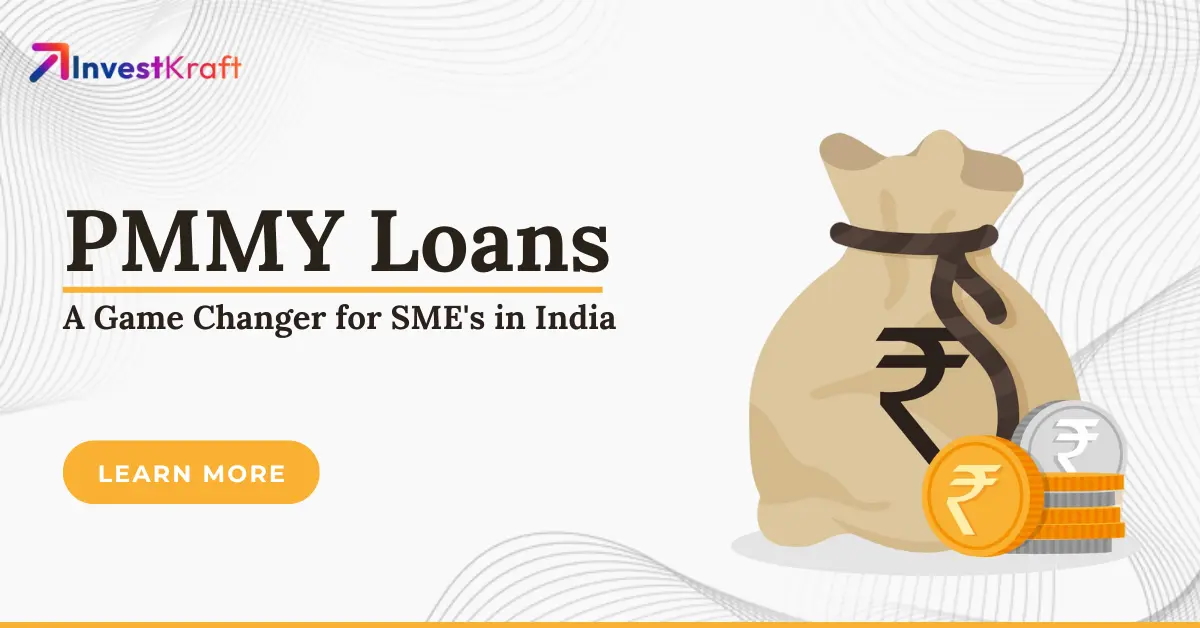
Pradhan Mantri Mudra Yojana (PMMY) Loan: Eligibility, Application Form, Benefits
The Pradhan Mantri Mudra Yojana (PMMY) loan has been a game changer for small and micro-enterprises...
Read more...
How Does the RBI Regulate P2P Lending in India 2024?
P2P lending has grown significantly in India, becoming an important part of the financial ecosystem....
Read more...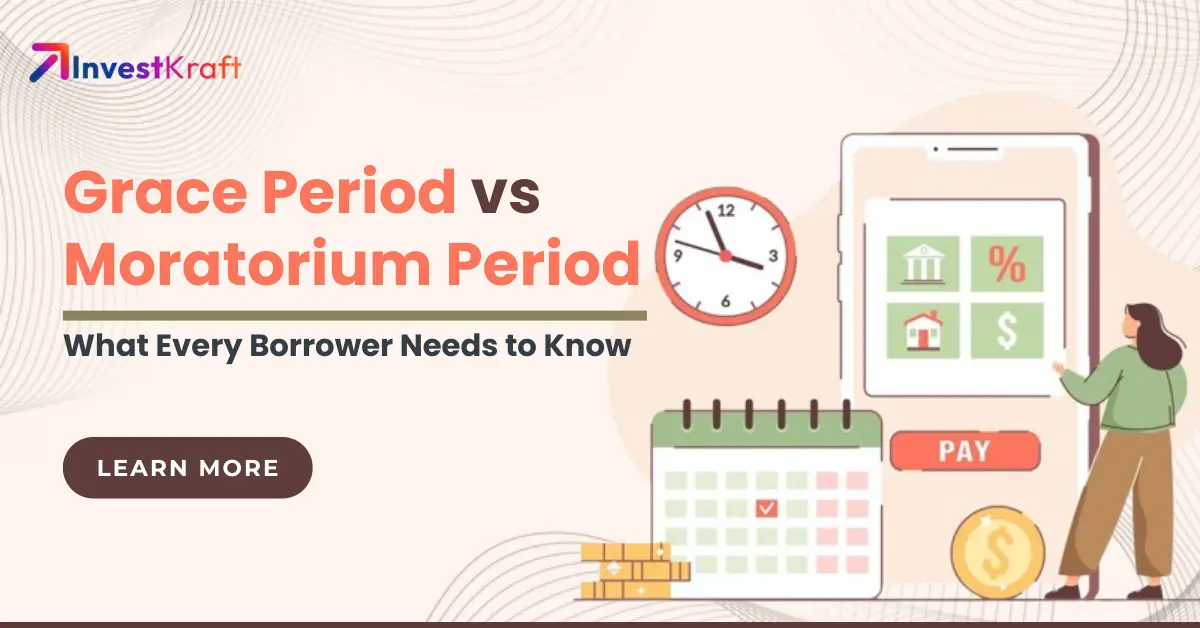
Grace Period vs Moratorium Period: A Detailed Comparison for Better Financial Decisions
The terms “moratorium period” and “grace period” are often mistaken to have the same meaning. Howeve...
Read more...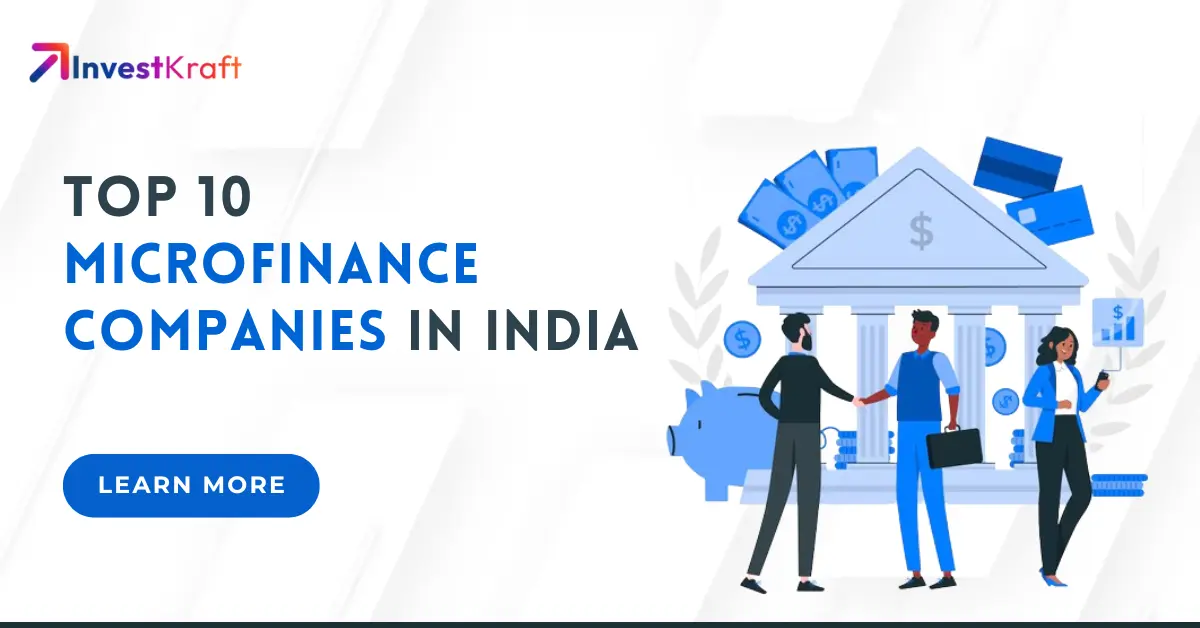
List of Microfinance Companies in India 2025 – Small Loans & Financial Services
Microfinance in India has been rapidly expanding as a viable financial service due to the emergence...
Read more...
Understanding Syndication Loans: A Guide for Borrowers and Lenders
Loan syndication is a solution for borrowers seeking large loans that may be beyond a single lender’...
Read more...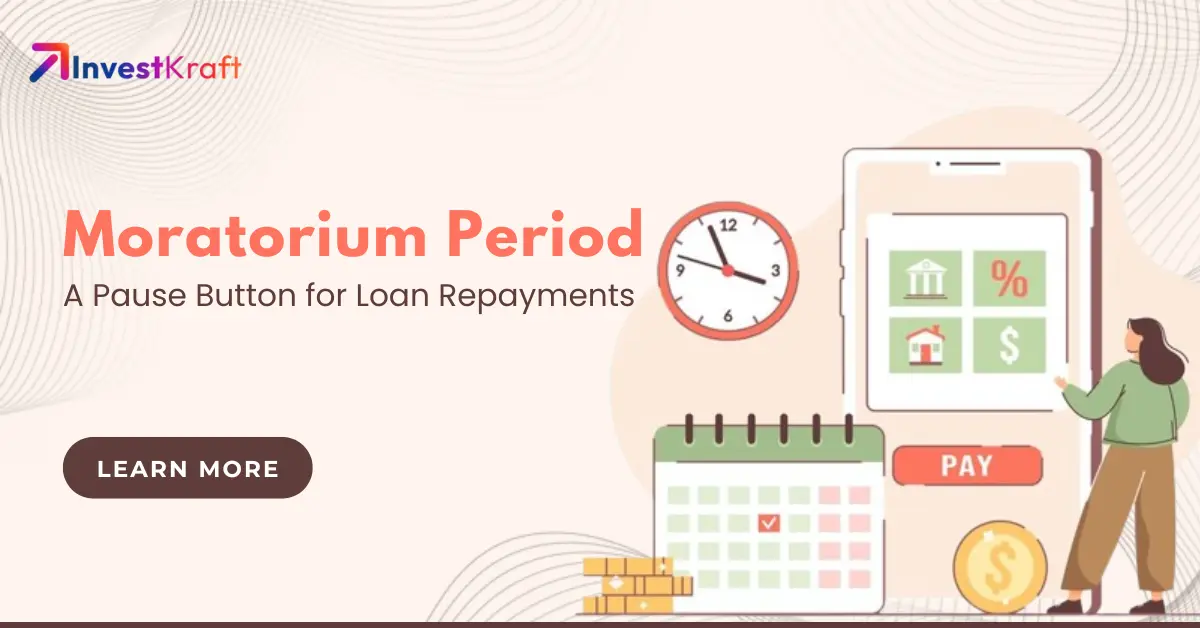
How Does the Moratorium Period Act as a Life Raft for Borrowers?
Financial jargon, whether taking a loan or opening a bank account, can be confusing and tricky. Thes...
Read more...
New to Credit? Stop Worrying and Build Your Credit with These Essential Tips
Establishing and maintaining a healthy credit score can seem overwhelming, particularly for new borr...
Read more...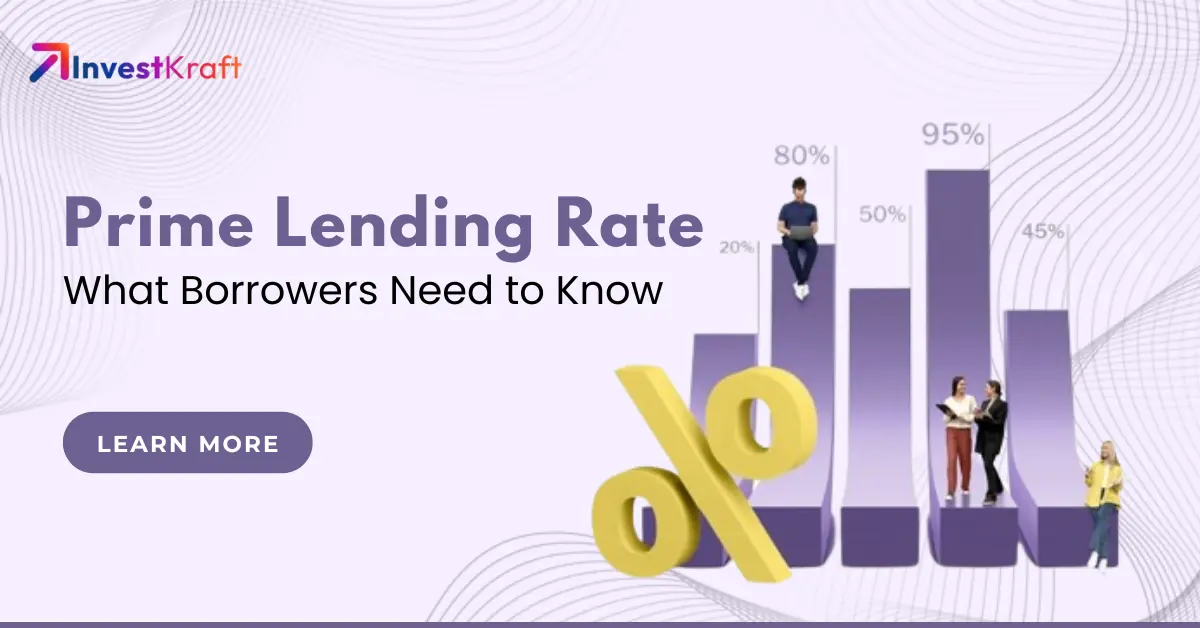
Prime Lending Rate: A Friend or Foe for Borrowers?
When purchasing items on credit, it is common to need a financial investment and many turn to loans...
Read more...
Instant Cash Loans: Everything You Need to Know
Have you ever been in a situation where you did not have enough money to make a purchase? Maybe you...
Read more...Reach out to our Experts if you have any Doubts
Like the best things in life, Consultations @InvestKraft are free
Drop a Mail or give us a Missed Call & Begin your Investment Journey here
